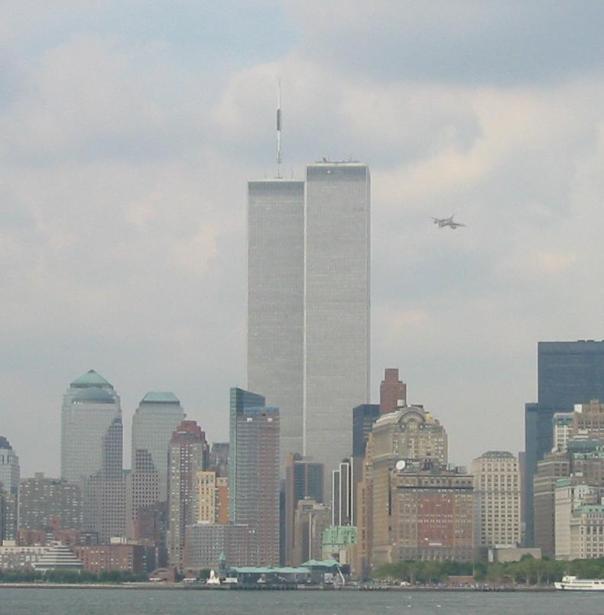 FAKE NEWS—the only fake news, the only definition of fake news, the only correct definition of fake news, the only worthwhile correct definition of fake news, the only possible worthwhile correct definition of fake news—is news parody. Fake news is not just news you don’t agree with or that makes you feel sad, even if you are Donald Trump.
FAKE NEWS—the only fake news, the only definition of fake news, the only correct definition of fake news, the only worthwhile correct definition of fake news, the only possible worthwhile correct definition of fake news—is news parody. Fake news is not just news you don’t agree with or that makes you feel sad, even if you are Donald Trump.
Fake news is openly satirical material like that found in publications like The Onion, Private Eye, and The Beaverton, which use the format, style, and accoutrement of news to make their points and/or get laughs, as well as stuff along the lines of Saturday Night Live‘s “Weekend Update” or The Daily Show, in which Jon Stewart occasionally used to open the show with “Welcome to the fake news.”
The central fact of fake news is that even though the thoughts, emotions, and purpose behind it may be genuine, it must never under any circumstances purport to be real news. We know it’s fake, it knows it’s fake, and it wears the “fake” label proudly and unabashedly.
REAL NEWS is information gleaned from legitimate sources by professionally trained, seasoned journalists writing for actual established news organizations and syndicates preferably of a certain vintage and pedigree—Thomson-Reuters, Associated Press, and Canadian Press, for example.
You’ll find real news in newspapers of record, for instance, The Times, The Sunday Times, The New York Times, Los Angeles Times, The Guardian, The Wall Street Journal, Chicago Tribune, The Washington Post, The Globe and Mail, Toronto Star, and various smaller independent papers; reputable magazines including Time, Newsweek, The Atlantic, Harper’s, Maclean’s, The Nation, National Review, and The New Yorker that have cultivated trust and a following over many decades; and broadcast media such as the CBC, BBC, and major US networks; as well as the online versions of all the above media. In short, the mainstream—or what extremists and partisans oh, so cleverly call “lamestream”—media is the honest-to-goodness real news.
Real news ideally treats its subjects with a fair mind and an even hand, is rigorously fact-checked and stripped clean of fictitious elements (this is vital!), passes through experienced editors before dissemination to the people, and must not be intentionally misleading. Its job is to keep us, as dispassionately but interestingly as possible, informed about public affairs and trends, and aware of our surroundings. Journalism is a noble profession when practised properly, for the free press is our ally and the best guardian we have against auhority.
Real news is not a cheerleader or a mouthpiece for any government or other societal power structure. As Finley Peter Dunne said (however ironically), it must afflict the comfortable and comfort the afflicted. For this reason, journalists and politicians must never be in bed with one another and there can be no real or perceived conflict of interest. This is a cardinal rule of both professions.
Real news is meant to train a bright spotlight on dirty deeds that are hidden from view either through neglect or by design. If it’s not turning over rocks and pointing at what crawls out, real news is not doing its job. For this reason, it must be independent.
Independence isn’t the same as not having a point of view, of course. Reporters are people and people have a wide variety of opinions, so it’s ridiculous to believe that they should divorce their personal perspective from their work. The trick is to make sure that ideology never clouds the facts. Moreover, bear in mind that reporters do not make editorial policy, owners do.
Real news also includes commentary, but only if it’s clearly labelled as such and delivered either by experts in a given field or by the seasoned professional journalists mentioned above as a way of providing context for their real news stories. In some forms of real news, for instance day-to-day arts journalism, criticism is the most basic function, while behind-the-scenes reports and interviews are generally the sidebars, except in magazines that specialize in one or another of the arts. In the real news world outside the arts, though, commentary must take a back seat to reportage.
Sometimes real news will get things wrong, but it’s more often than not by accident, and any legitimate news organization worthy of the name will admit its error and correct its mistakes publicly by issuing a retraction. When is the last time a politician did that?
Everything that does not fit the above definitions is PROPAGANDA, which must be avoided at all costs, especially when it calls itself real news. Propaganda doesn’t even rise to the intellectual stature of fake news, much less the real thing.








